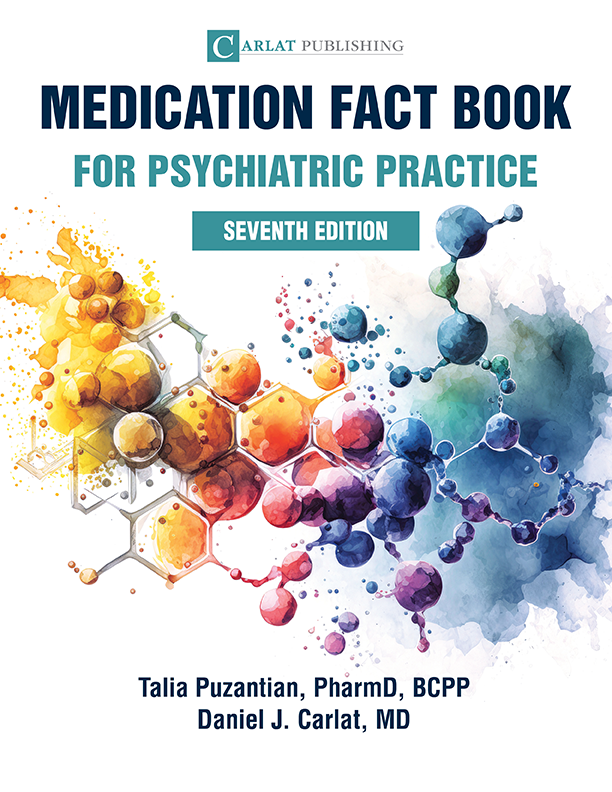Home » Newsletters » The Carlat Psychiatry Report

The Carlat Psychiatry Report
Retirement (November) | 2017
View Archived Issues
Aripiprazole Augmentation May Improve Remission Rates in MDD
November 1, 2017
CME Post-Test - Retirement, TCPR, November 2017
November 1, 2017
Retirement Toolkits
November 1, 2017
Learning Objectives, Retirement, TCPR, November 2017
November 1, 2017
Learning Objectives, Adolescents, CCPR, November 2017
November 1, 2017
Editor-in-Chief

Dr. Aiken is the Editor in Chief of The Carlat Psychiatry Report; director of the Mood Treatment Center in North Carolina, where he maintains a private practice combining medication and therapy along with evidence-based complementary and alternative treatments; and Assistant Professor NYU Langone Department of Psychiatry. He has worked as a research assistant at the NIMH and a sub-investigator on clinical trials, and conducts research on a shoestring budget out of his private practice. Follow him on Twitter and find him on LinkedIn.
Recommended
Newsletters
Please see our Terms and Conditions, Privacy Policy, Subscription Agreement, Use of Cookies, and Hardware/Software Requirements to view our website.
© 2025 Carlat Publishing, LLC and Affiliates, All Rights Reserved.

_-The-Breakthrough-Antipsychotic-That-Could-Change-Everything.jpg?1729528747)



